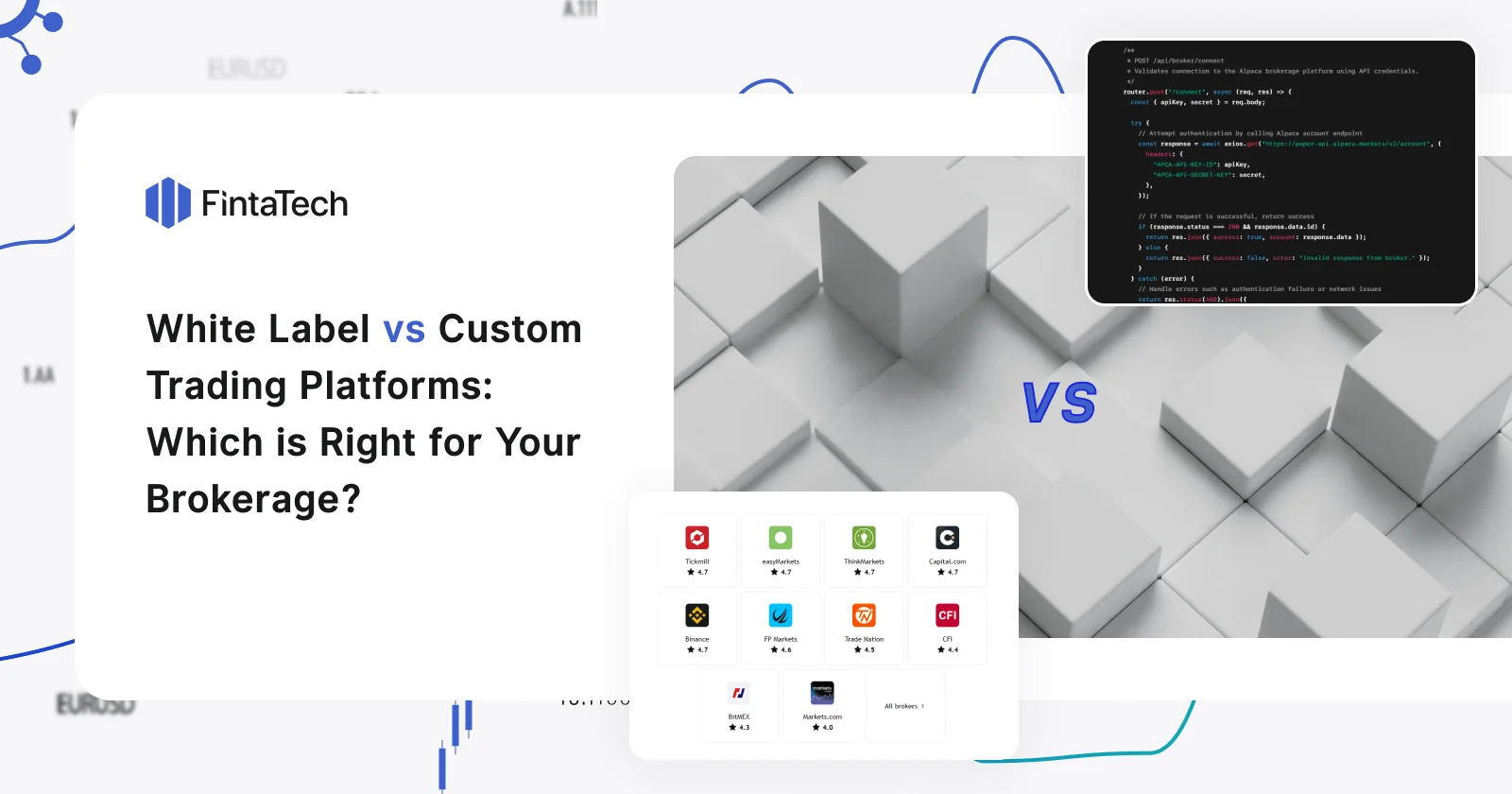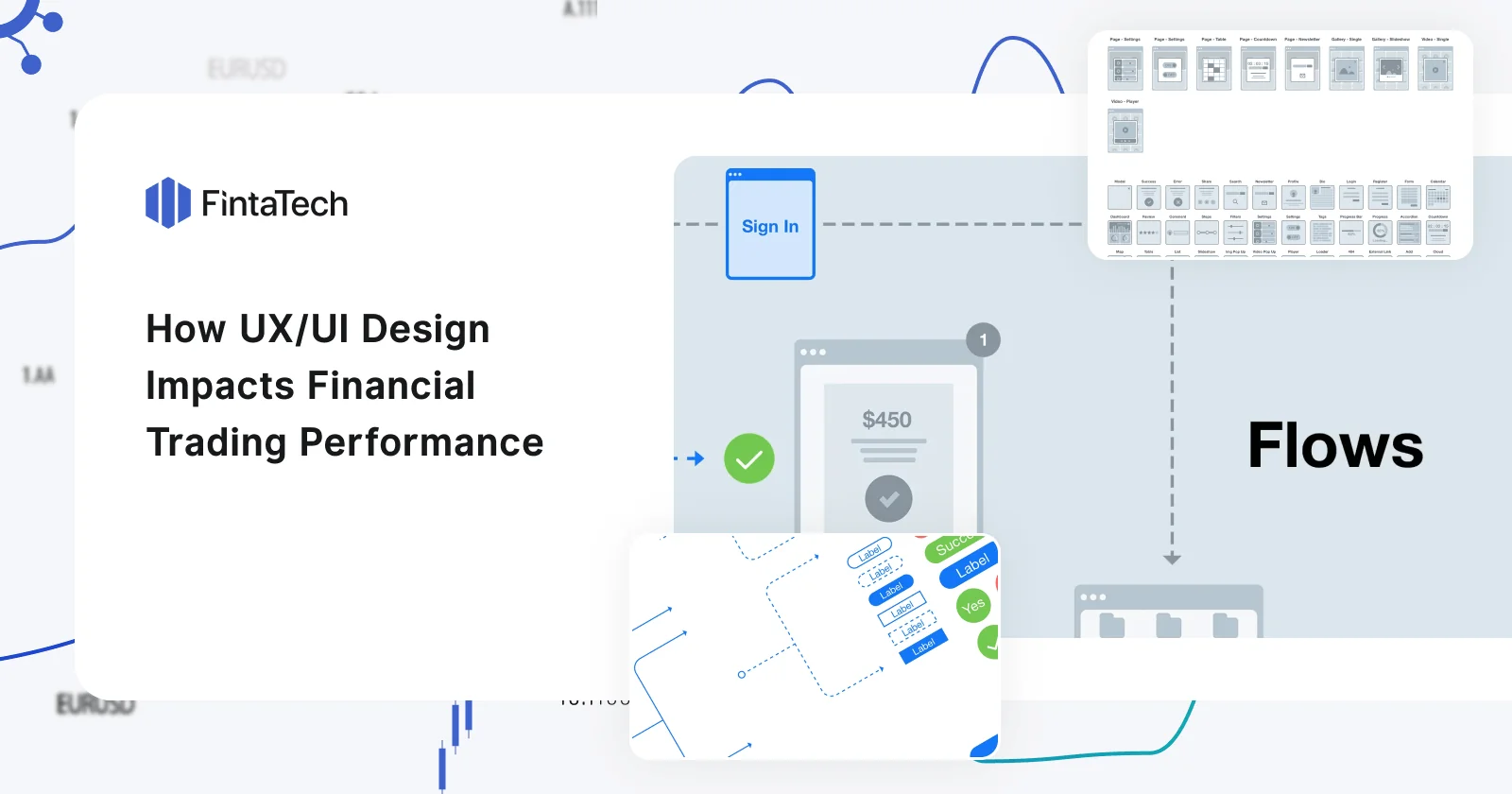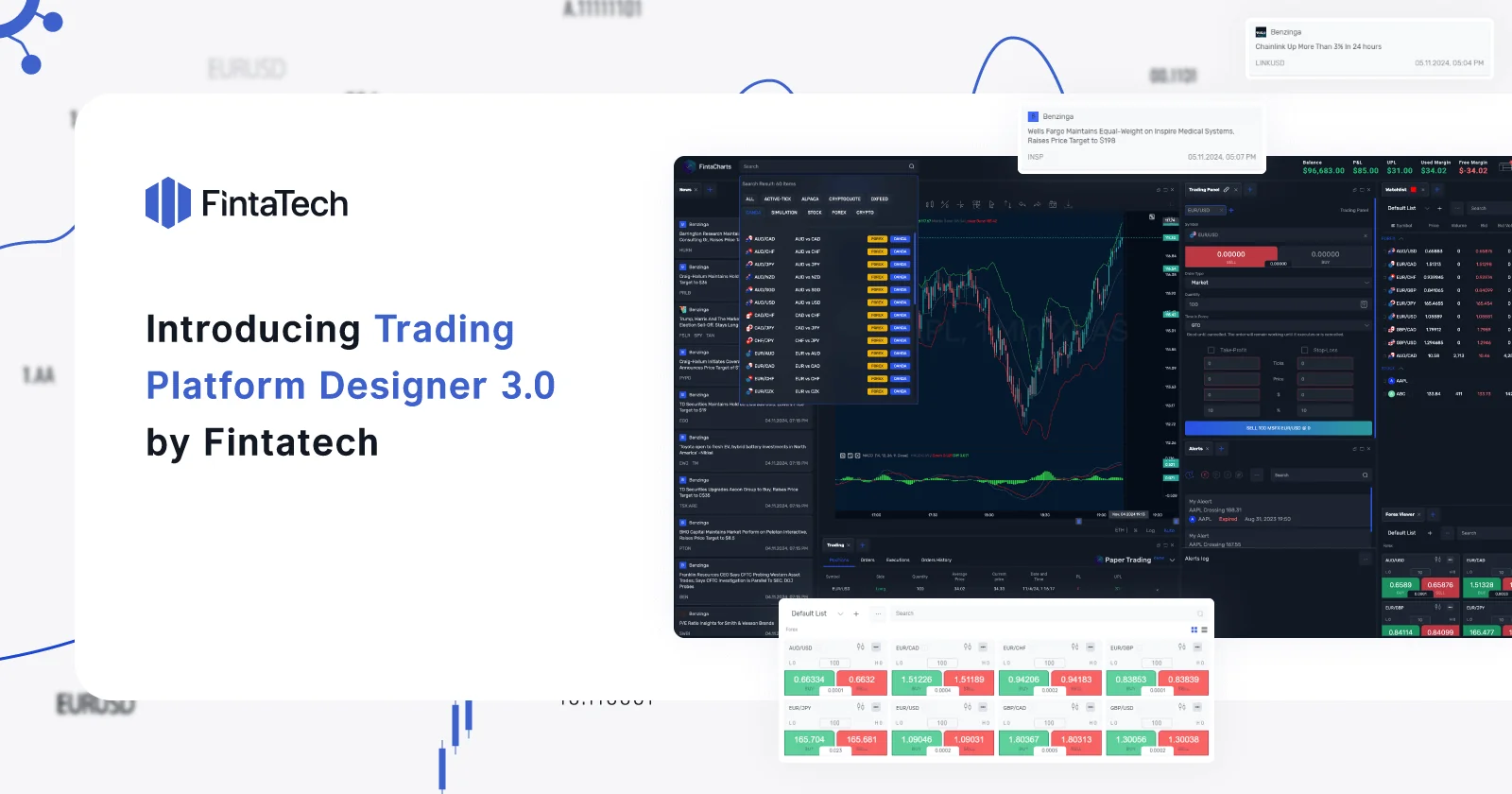
Trading Software June 23, 2025
White Label vs Custom Trading Platforms: Which is Right for Your Brokerage?

Trading Software May 27, 2025
Market Indicators Explained: Types and How to Use Them

Industry Highlights May 13, 2025
The Future of Prop Firms: Technology, Models, and Market Shifts

Industry Highlights April 30, 2025
How UX/UI Design Impacts Financial Trading Performance

Trading Software April 25, 2025
White-Label Equity: The Smart Way to Enter the Investment Market

Industry Highlights March 27, 2025
How AI Is Transforming Trading Platforms: A Complete Guide for Fintech Innovators

Industry Highlights February 28, 2025
The Role of Cybersecurity in Fintech Industry in 2025

Trading Software January 30, 2025
Custom Development Services for Brokers: Elevate Your Brokerage Business

Trading Software December 19, 2024
Is Forex Trading Profitable in 2025? A Business Perspective

Trading Software November 13, 2024

Twitter
Linkedin
Facebook